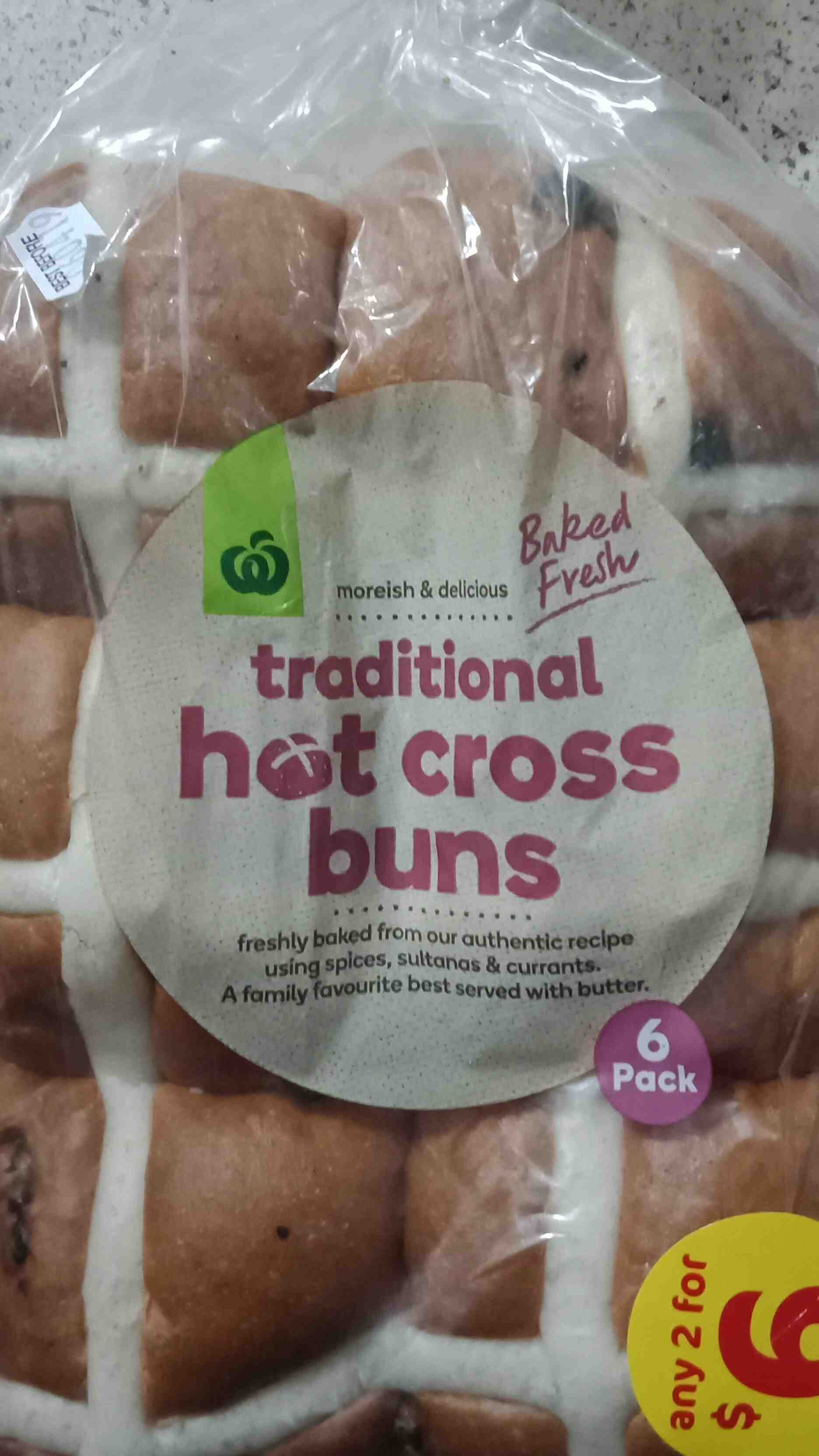Woolworth hot cross buns -
This product page is not complete. You can help to complete it by editing it and adding more data from the photos we have, or by taking more photos using the app for Android or iPhone/iPad. Thank you!
×
Barcode: 9414742983681 (EAN / EAN-13)
Categories: Plant-based foods and beverages, Plant-based foods, Cereals and potatoes, Festive foods, Breads, Easter food
Countries where sold: New Zealand
Matching with your preferences
Environment
Packaging
Transportation
Report a problem
Data sources
Product added on by veganeamos
Last edit of product page on by lcmortensen.
Product page also edited by openfoodfacts-contributors, vaporous.
If the data is incomplete or incorrect, you can complete or correct it by editing this page.






